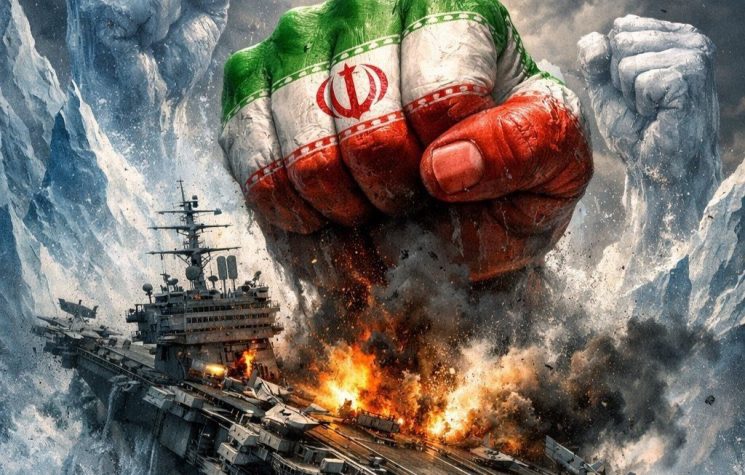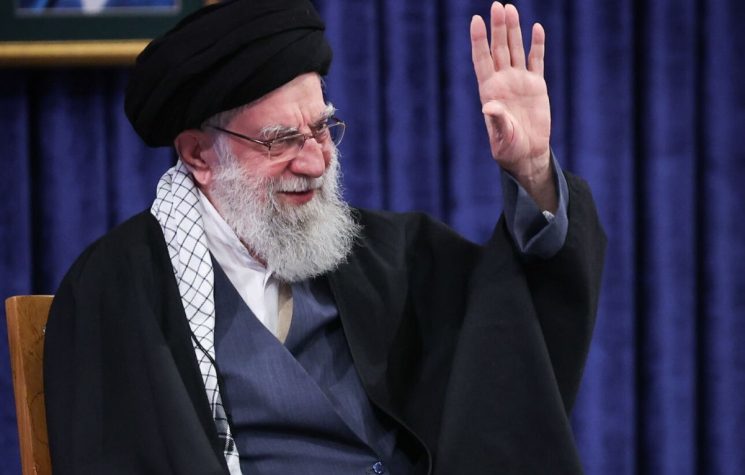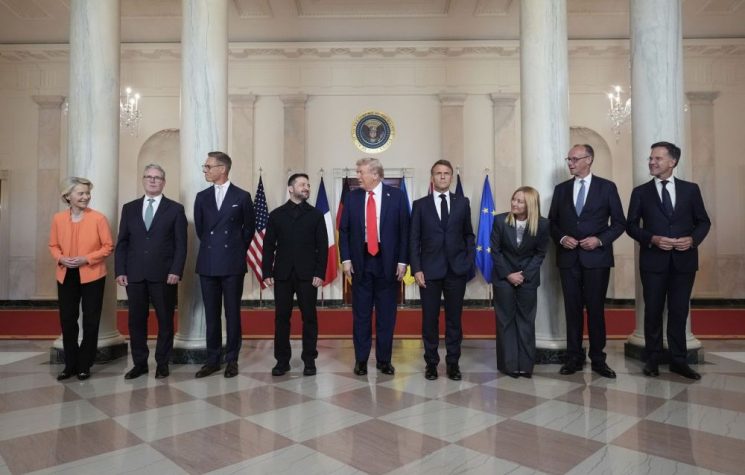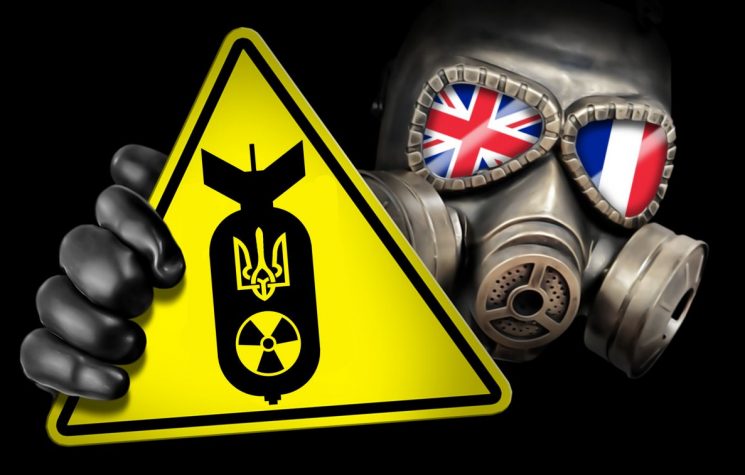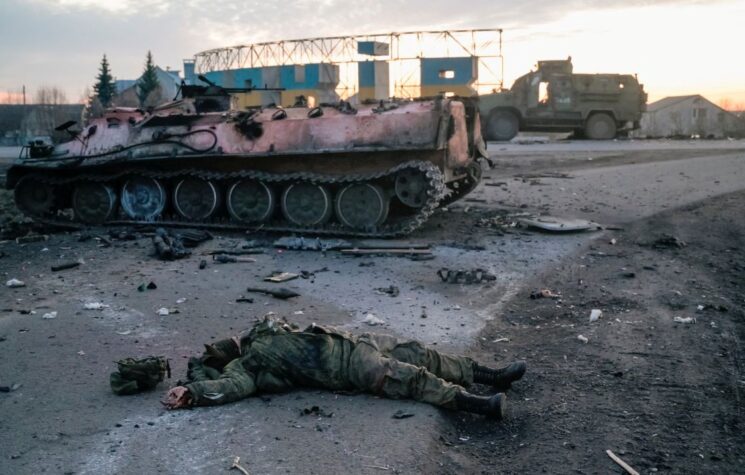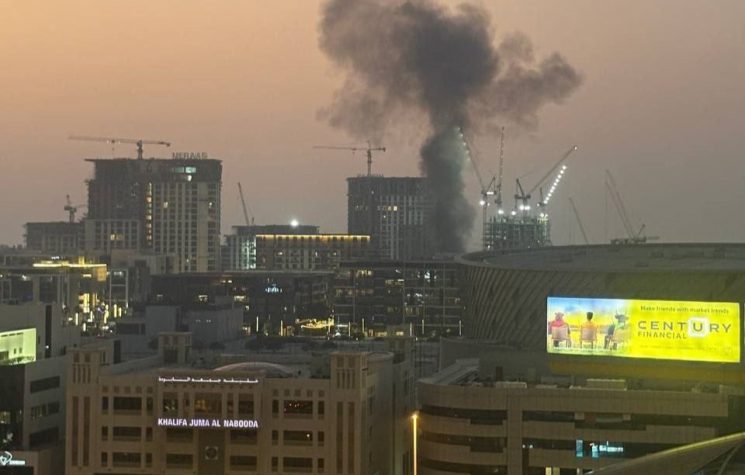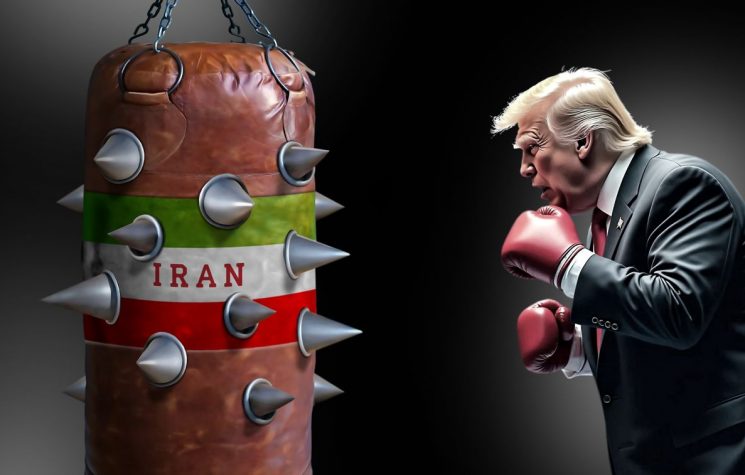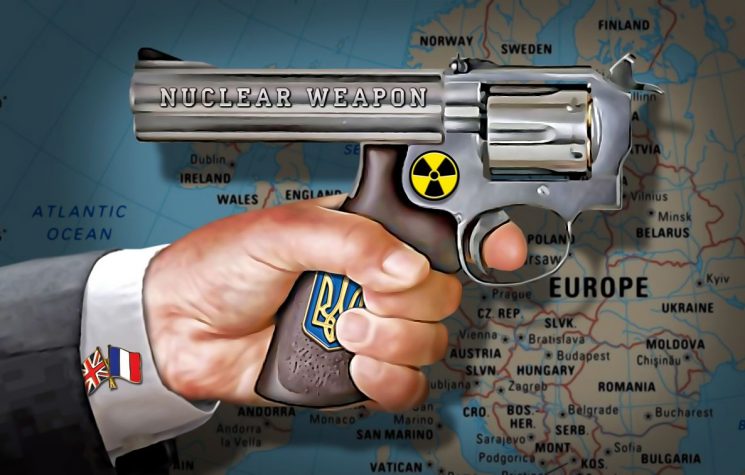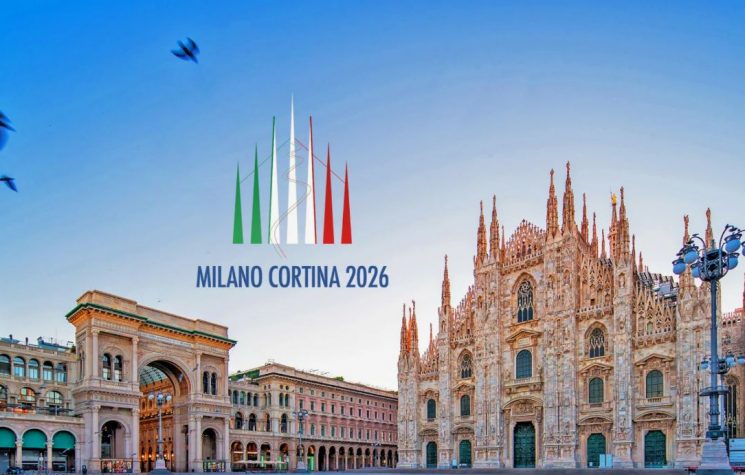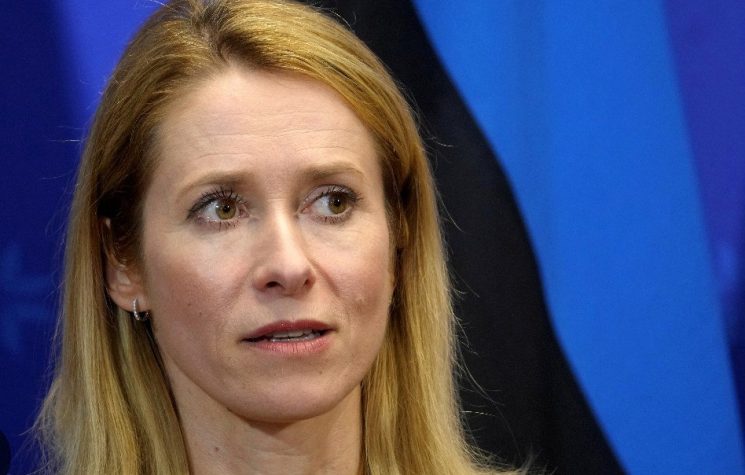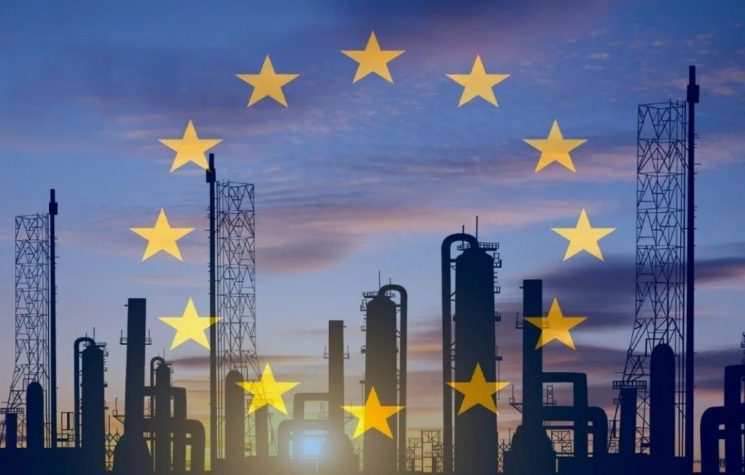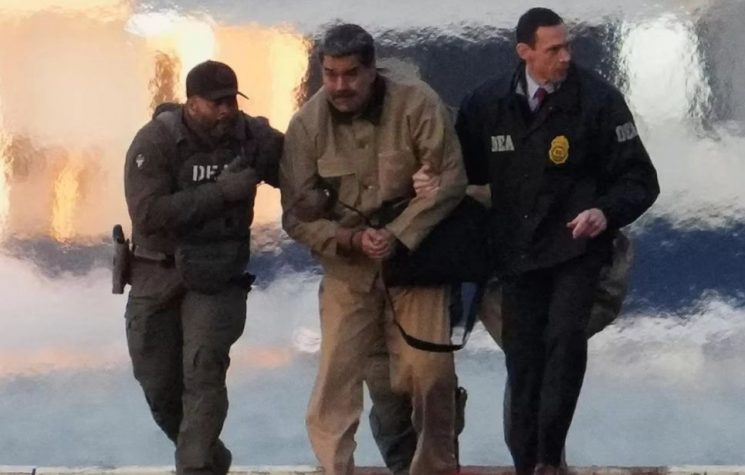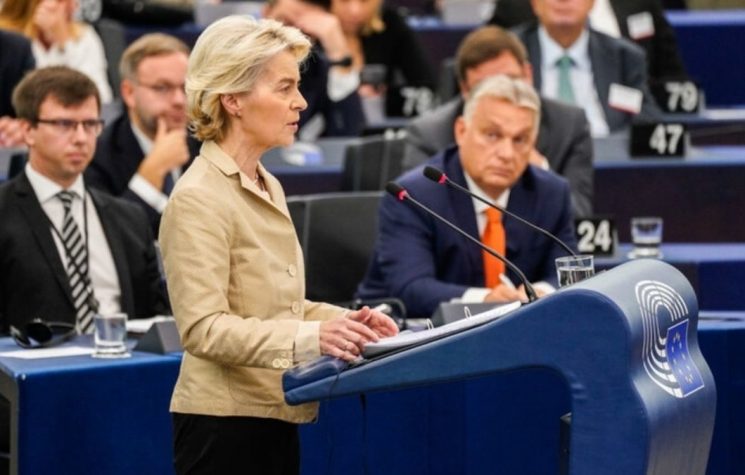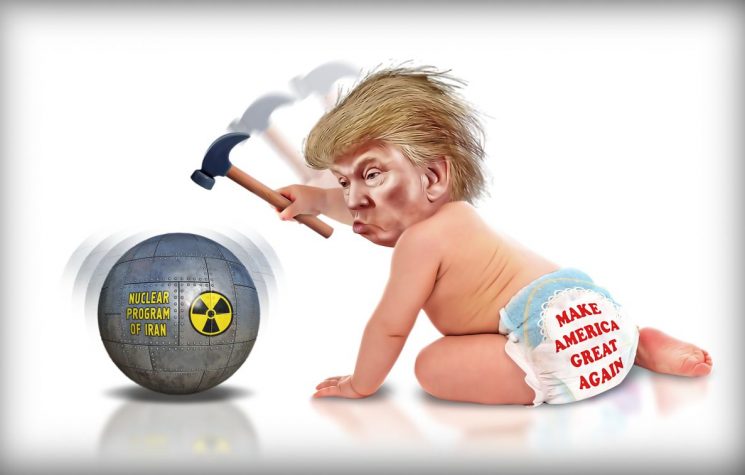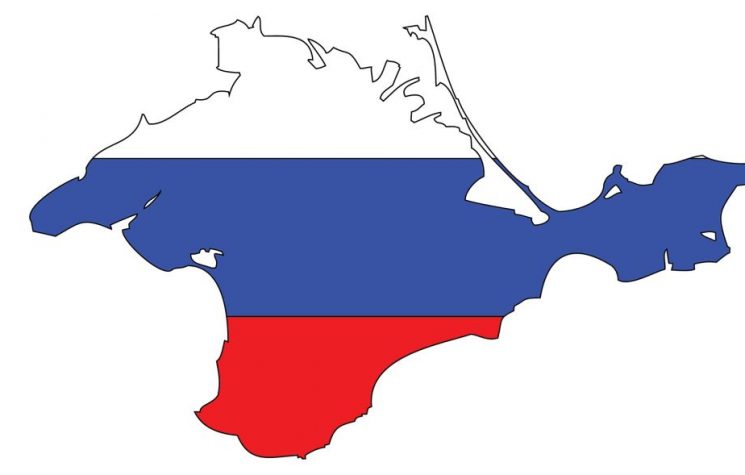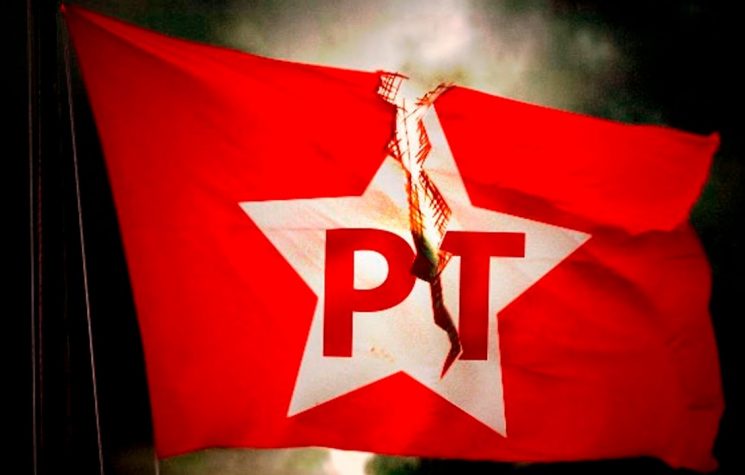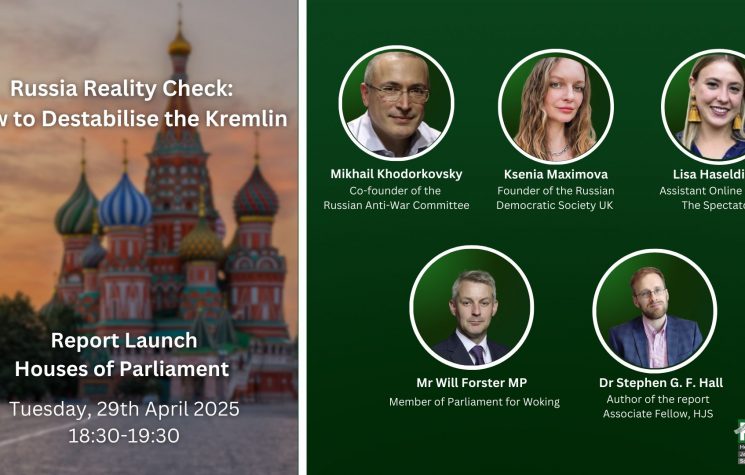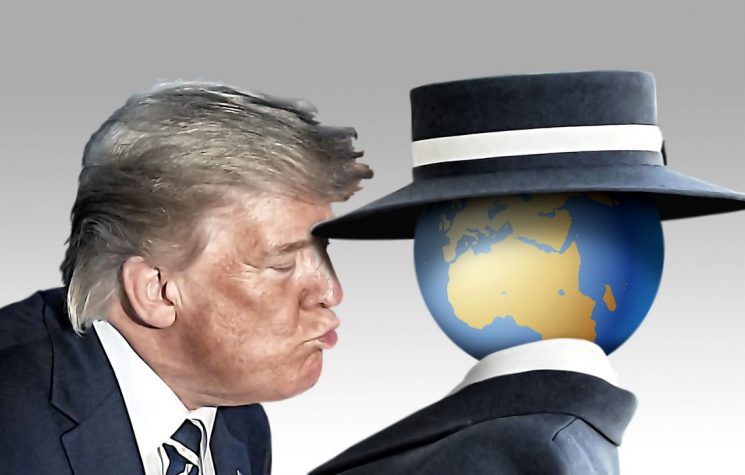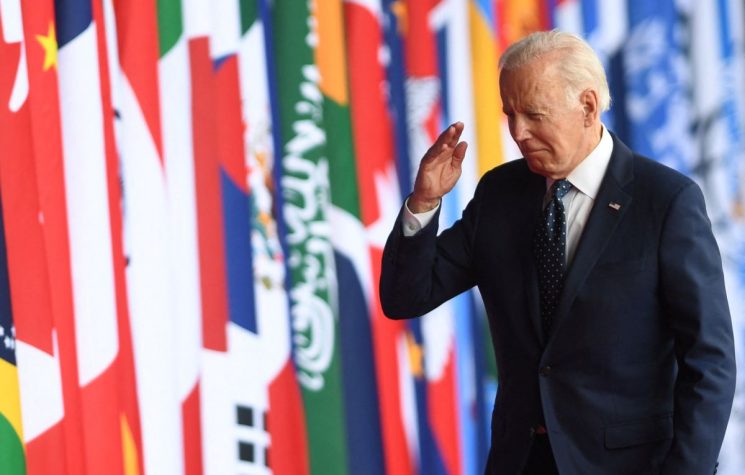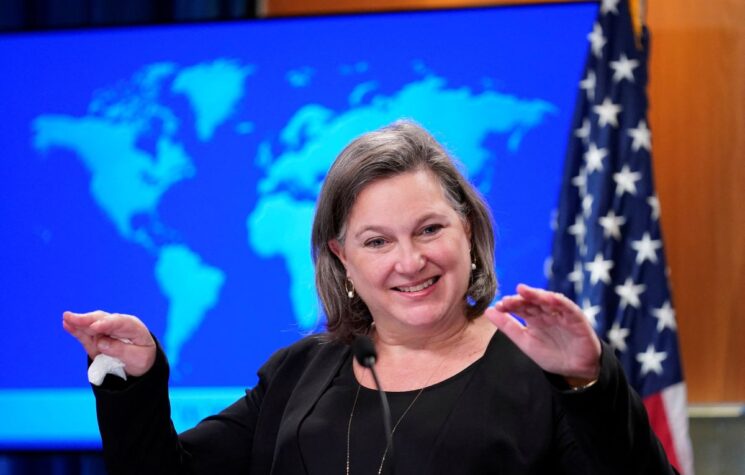Russia-China axis possess food, energy, technology and most of the world’s key resources. History teaches that these elements make the winners in wars
As it dawns on the West that whereas sanctions are deemed capable of bringing countries to their knees, the reality is that such capitulation never has occurred (i.e. Cuba; North Korea; Iran). And, in the case of Russia, it is possible to say that just ain’t going to happen.
Team Biden still has not fully grasped the reasons why. One point is that they picked precisely the wrong economy to try to collapse via sanctions (Russia has minimal foreign supply lines and oodles of valuable commodities). Biden’s staffers too, have never comprehended the full ramifications of Putin’s monetary jujitsu linking the rouble to gold, and the rouble to energy.
They condescend to Putin’s monetary jujitsu as yet another forlorn strike versus the dollar’s ‘impregnable’ reserve currency status. So they choose to ignore it, and assume that if only the Europeans would take fewer hot showers, wear more woollen jumpers, forego Russian energy, and ‘stand with Ukraine’, the economic collapse finally would materialise. Hallelujah!
The other reason why the West misconstrues the strategic potential of sanctions is that the Russia-China war on western hegemony is assimilated by its peoples to be an existential one. For them, it is not just about taking fewer hot showers (as for Europeans), it is about their very survival – and consequently their pain threshold is much, much higher than the West’s. The west is not going to smoke their challengers out so ridiculously easily.
At bottom, the Russia-China axis possess food, energy, technology and most of the world’s key resources. History teaches that these elements make the winners in wars.
The strategic problem though, is two-fold: Firstly, the window for a Plan ‘B’ de-escalation via a political deal in Ukraine has passed. It is all or nothing now (unless Washington folds). And secondly, albeit in slightly differing context, both Europe and Team Biden have elected to take the stakes sky-high:
The conviction that the European liberal vision faces humiliation and disdain, were Putin to ‘win’, has taken hold. And in the Obama-Clinton-Deep State nexus, it is unimaginable that Putin and Russia still regarded as the author of Russiagate for many Americans, might prevail.
The logic to this conundrum is inexorable – Escalation.
For Biden, whose approval ratings continue to tank, disaster looms in the November mid-terms. The consensus amongst U.S. insiders is that the Democrats are set to lose 60–80 seats in Congress, and a small handful (4 or 5 seats) in the Senate too. Were this to come about, it would not be just a personal humiliation, but would token administrative paralysis for the Democrats until the notional end of Biden’s term.
The only possible path out from this approaching cataclysm would be for Biden to pull a rabbit from the Ukraine ‘hat’ (one that, at the very least, would distract from soaring inflation). The Neo-cons and the Deep State (but not the Pentagon) are all for it. The arms industry naturally are loving Biden’s laundering weapons into Ukraine (with huge ‘spillage’ somehow vanishing into ‘the black’). Many in DC profit from this well-funded boondoggle.
Why are we seeing such euphoria over such a seemingly reckless scheme of escalation? Well, strategists suggest that were the Republican leadership to go bi-partisan on escalation – become complicit in ‘more war’, as it were – they argue that it might prove possible to stem Democratic losses in the mid-terms and blunt an Opposition campaign assault focussed on a mismanaged economy.
How far might Biden go with this escalation? Well, the arms splurge is a no-brainer (another boondoggle), and Special Forces are already in theatre, poised to light a fuse to any escalation; moreover, the mooted no-fly zone seems to have the added advantage of enjoying European support, particularly in the UK, amongst the Baltics (of course) and from the German ‘Greens’, too. (Spoiler Alert! First, of course, in order to implement any no-fly zone, it would be necessary to control the airspace – which Russia already dominates, and over which it implements full electronic-magnetic exclusion).
Would this be enough? Dark voices are advising not. They want ‘boots on the ground’. They even talk of tactical nukes. They argue that Biden has nothing to lose by ‘going big’, especially if the GOP are persuaded to become accomplices. Indeed, it might just save him from ignominy, they urge. U.S. military insiders already point out that the arms supply will not ‘turn around’ the war. A ‘lost war’ must be avoided going into November at all costs.
Is such a consensus for escalation realistic? Well, yes, it is possible. Recall that Hillary (Clinton) was the alchemist who fused the 1980s Neoconservative wing to the 1990s Neoliberals to create an interventionist broad-tent that could serve all tastes: Europeans could imagine themselves wielding economic power in a globally significant way for the first time, whilst the Neo-cons have resurrected their insistence on forceful military intervention as the requisite to maintaining the rules-based order. The latter are cock-a-hoop that financial war is failing.
From the Neo-cons’ perspective, it puts military action firmly back on the table and with a new ‘front’ opening: The Neo-cons today, precisely are questioning the premise that a nuclear exchange with Russia must be avoided at all costs. And from this shift away from the prohibition on actions that could trigger a nuclear exchanger, they say that circumscribing the Ukraine conflict on such basis is unnecessary and a strategic error – asserting that in their view, Putin would be unlikely to resort to nuclear weapons.
How can this Neo-con-Liberal interventionist élite superstructure wield such influence when the broader American political class historically has been ‘anti-war’? Well, the Neo-cons are the archetypal chameleons. Loved by the war industry, a regular loud presence on the networks, they rotate in and out of power, with the ‘China hawks’ nesting in the Trump corridors, whilst the ‘Russia hawks’ are migrated to populate the Biden State Department.
Is escalation already ‘baked-in’? There may yet be one iconoclastic ‘fly in the ointment’: Mr Trump! – through his symbolic act of endorsing J.D. Vance for the GOP Senate Primary in Ohio, against the wishes of the GOP Establishment.
Vance is one (amongst many) representatives of America’s populist tradition seeking office in the coming Congressional ‘churn’. But the salience here is that Vance has been questioning the rush to escalation in Ukraine. Many other would-be populist contenders among the GOP’s new crop of interesting senators and senators-in-waiting already have succumbed to GOP old-establishment pressure to endorse war. (Boondoggles again).
The GOP is divided on Ukraine at its upper representational level, but the popular base traditionally is sceptical of foreign wars. With this political endorsement, Trump is nudging the GOP towards opposing escalation in Ukraine. Ross Douthat in the NY Times confirms that the Vance endorsement connects more closely to the sources of Trump’s 2016 popularity, as he mined the anti-war sentiment amongst the deplorables, whose focus more is with caring for their own country’s welfare.
Shortly after the endorsement, Trump issued a statement:
“It doesn’t make sense that Russia and Ukraine aren’t sitting down and working out some kind of an agreement. If they don’t do it soon, there will be nothing left but death, destruction, and carnage. This is a war that never should have happened, but it did. The solution can never be as good as it would have been before the shooting started, but there is a solution, and it should be figured out now—not later—when everyone will be DEAD!”, Trump said.
Trump effectively is wedging apart the possible key fault-line for the coming elections (even if some GOP panjandrums – many of whom are funded by the Military Industrial Complex (MIC) – favour a more robust military involvement).
Trump too, always has an instinct for an opponent’s jugular: Biden may be highly attracted to the argument for escalation, but he is known to be sensitive to the thought of body-bags coming home to the U.S. before November becoming his legacy. Hence Trump’s exaggeration that sooner rather than later, everyone in Ukraine “will be DEAD!”.
Again, the fear amongst Democrats with military understanding is that the western weapons airlift to the borders of Ukraine will not change the course of war, and that Russia would prevail, even were NATO to engage. Or, in other words, the ‘unthinkable’ will occur: The West will lose to Russia. They argue that Team Biden has little choice: Better to bet on escalation than to risk losing all with a debacle in Ukraine (particularly after Afghanistan).
The eschew escalation presents such a challenge to the American missionary psyche of global leadership that momentum for it may not be overcome through Biden’s innate caution alone. The Washington Post already is reporting that “the Biden Administration is shrugging off fresh Russian warnings against providing Ukrainian forces with more advanced arms and new training – in what appears to be a calculated risk Moscow won’t escalate the war”.
The EU élites, by contrast, are not just persuaded (Hungary and one faction in Germany, apart) by the logic of escalation, they are frankly intoxicated by it. At the Munich Conference in February, it was as if the EU leaders were intent on out-bidding each other in their enthusiasm for war: Josep Borrell re-confirmed his commitment to a military solution in Ukraine: “Yes, normally wars have been won or lost on the battlefield”, he said upon arrival for a meeting of the EU foreign ministers in Luxembourg, when asked to comment on his previous statement that “this war will be won on the battlefield”.
Their euphoria is centred around the belief that the EU – for the first time – is wielding its economic power in a globally significant way, and, at the same time, enabling and arming a proxy war against Russia (through imagining the EU as a real Carolingian empire, actually winning on the battlefield!).
The euphoria of the EU élites – so completely de-coupled from national identities and local interests, and loyal rather to a cosmopolitan vision in which men and women of consequence network endlessly amongst themselves and bask in their peer approval – is opening deep polarisation within their own societies.
The unease arises among those who do not regard patriotism, or a scepticism towards today’s Russiaphobia, as necessarily ‘gauche’. They are concerned that perception-delimited EU élites, advocating sanctions on Russia and NATO engagement with a nuclear power, will bring disaster to Europe.
The Euro-élites are on a crusade – too highly invested in the emotional charge and euphoria of the Ukraine ‘cause’ to have even considered a Plan ‘B’.
And even if a Plan ‘B’ were to be considered, the EU has less of a reverse-gear than the U.S. The Brussels zeitgeist is set in concrete. Structurally, the EU is incapable of self-reform, or of radically changing course and wider Europe now lacks the ‘vessels’ through which decisive political change can be effected.
Hold onto your hats!








